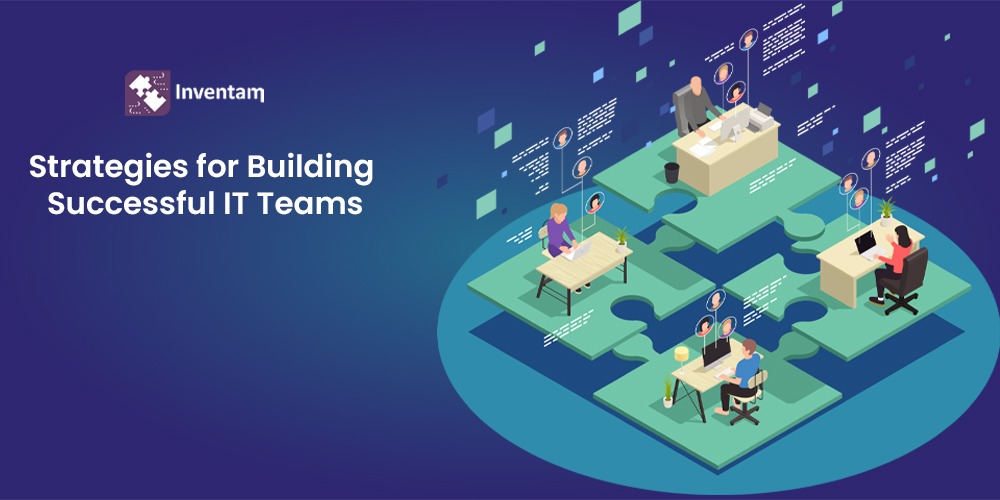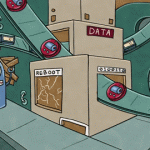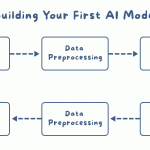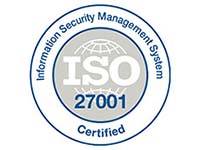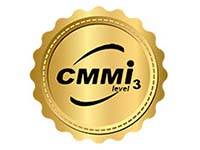In today’s rapidly changing IT landscape, the success of an organization often hinges upon the effectiveness of its teams. As HR managers in the IT services industry, it is crucial to understand how to build and nurture teams that drive innovation and deliver exceptional results. Let’s explore strategies and best practices for creating and sustaining high-performing IT teams.
- Establish Clear Goals and Roles: A solid foundation for team success begins with establishing clear goals and defining individual roles within the team. Communicate objectives and expectations to team members, ensuring everyone understands their responsibilities and how they contribute to the team’s overall mission. This clarity fosters a sense of purpose and alignment, enabling teams to work cohesively towards shared objectives.
- Promote Collaboration and Communication: Effective communication and collaboration are essential for the success of any team. Encourage an open and transparent communication culture where team members feel comfortable sharing ideas, asking questions, and providing feedback. Leverage digital tools and platforms that facilitate real-time collaboration, file sharing, and communication, allowing seamless teamwork regardless of physical locations.
- Cultivate a Diverse and Inclusive Environment: Diversity and inclusion are vital components of successful IT teams. Embrace diversity in terms of backgrounds, experiences, skills, and perspectives, as it brings fresh ideas and creativity to problem-solving. Create an inclusive environment that values and respects all team members, fostering a sense of belonging and ensuring everyone’s voice is heard. Encourage diversity of thought and promote equal opportunities for growth and development.
- Encourage Continuous Learning and Skill Development: In the ever-evolving IT industry, continuous learning is key to staying ahead. Support and encourage team members to enhance their skills through training programs, workshops, conferences, and online resources. Provide opportunities for cross-functional learning and knowledge sharing within the team, allowing individuals to grow and develop while strengthening the collective expertise of the team.
- Build Trust and Psychological Safety: Trust is the foundation of any successful team. Foster trust among team members by promoting transparency, accountability, and mutual respect. Encourage risk-taking and innovation by creating a psychologically safe environment where individuals feel comfortable expressing their ideas and taking calculated risks without fear of judgment or negative consequences. Celebrate successes and learn from failures as a team, reinforcing a culture of continuous improvement.
- Recognize and Reward Team Achievements: Acknowledging and celebrating team achievements is crucial for fostering a positive team spirit and motivation. Implement a recognition and reward system that values both individual contributions and collective successes. Publicly appreciate team members’ efforts, highlight their accomplishments, and provide incentives that align with their aspirations. This recognition reinforces a sense of pride and motivates the team to maintain high levels of performance.
- Conclusion: Building effective IT teams requires deliberate effort and a focus on creating an environment that promotes collaboration, communication, trust, and continuous learning. By implementing the strategies outlined in this blog post, HR managers can set their teams up for success, driving innovation and achieving exceptional results in the ever-evolving digital landscape. Remember, a strong team is greater than the sum of its parts and is a valuable asset in navigating the complexities of the IT industry.

